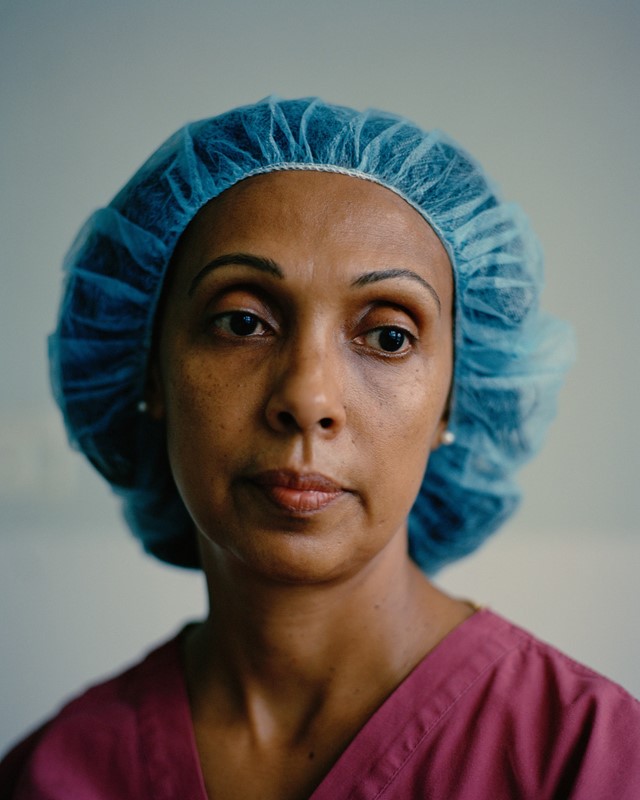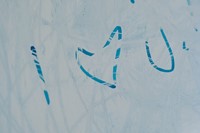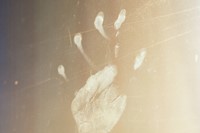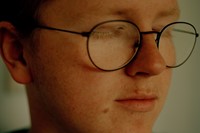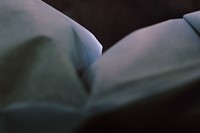Theatre – a new photo book by Lewis Khan – offers rare insight into the frontline of the NHS
This article is published as part of our #CultureIsNotCancelled campaign:
We are still in the midst of a war against coronavirus, and our hospitals are the frontline of the battle. As the pandemic continues to rage, photographer Lewis Khan debuts a new photo book which offers a rare insight into life on this frontline.
But while the launch of this book – titled Theatre – is especially timely, and is being sold to raise money for the NHS, Khan has actually been working on the project for a period of four years. Following an invitation from the Hospital Trust, he took up the position of artist-in-residence at the Chelsea & Westminster Hospital and West Middlesex Hospital in London, initially taking photos as a means of raising awareness about the privatisation of the NHS. Little did he know how pertinent his images would become. Granted unique and unprecedented access to staff, patients and high-level clinical environments, Khan shadowed medical professionals as they went about their day, revealing in a way that is as sensitive as it is stark the reality of life in UK hospitals.
In the end however, the project became more about the people than the politics. Khan’s images not only capture the physicality of these jobs, and of the bodies that are being treated, but the humanity of the staff and patients. Hospitals are places, Khan describes, of human “resilience, beauty and fragility”. Here, speaking in his own words, the photographer opens up about the process of creating these images, what he learned about the human experience along the way, and what he hopes his series achieves.
“Theatre is the culmination of four years worth of work as artist-in-residence at the Chelsea & Westminster and West Middlesex hospitals in London. I initially set out to create a body of work that would be a voice against the privatisation of the NHS. As relevant then as now, this felt like an important subject, and one close to my heart. As the project went on, this overtly political focus became context to the project, while what emerged was a study of human strength and fragility.
“I would generally be partnered up with a particular member of staff in a particular department at any one time, and my approach was to shadow that member of staff for a while before bringing a camera to the hospital. Sometimes that shadowing process would be for a long time, sometimes not so long, but it was all about assimilating myself to the environment – trying to understand some of the ebbs and flows both physically and emotionally. Then, only when it felt right, I would start bringing my camera along, and bit by bit start making photos.
“I would take time to reflect on what I was doing too, maybe shooting for a couple of days, and then going, and having to get the film processed was a good natural pause – looking over that, coming back to it, thinking about what to do next.
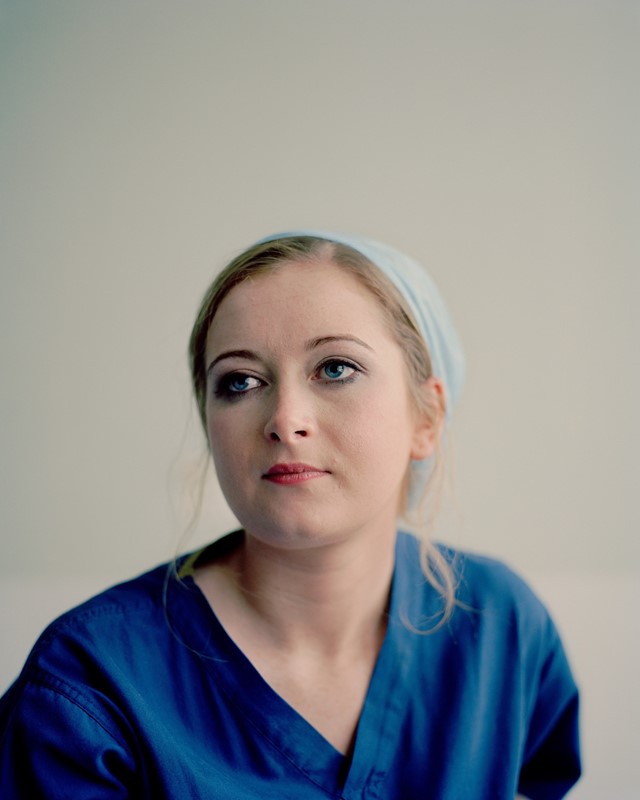
“One of the things that struck me was how psychological as well as physical the jobs being carried out by the medical teams are, and also how potentially affecting the roles can be on them personally. Through this I was able to see past titles and hierarchies and just see people. I think this was an important moment. I saw how interdependent the relationships are between staff and patients. I went in imagining quite a clearly defined dynamic of power, but actually the reality is more like a mutual respect that eschews power dynamics in favour of a communal understanding.
“Working in the hospital definitely sparked a lot of existential thought; about life, health, your body, your mind. And I felt very present within myself when making this work.
“It’s an environment in which the protections of day-to-day life are peeled back and elements like vulnerability and care are encountered very viscerally. This was a super powerful experience, and it’s why I’ve kept coming back to the concept of strength and fragility as a means to frame the work. Both of these things were felt so strongly across all walks of life and status that they’re what I have used to interpret the human experience.”
Pre-order a copy of Theatre by Lewis Khan here. 100 per cent of profits donated to the NHS.
